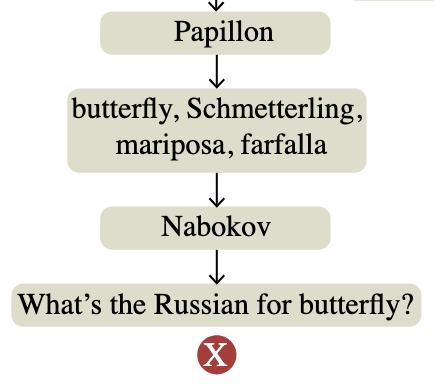World3, the Video
by Brian Hayes
Published 15 April 2012
Still more on World3 and The Limits to Growth. Two weeks ago I gave a talk at Harvard on all this, and the video is now online. (Link repaired 2019-05-14.)
The slides are here. (Link repaired 2019-05-14.)
And, by the way, the slides were done with deck.js, a JavaScript-and-HTML framework I had never tried. Both preparing the slides and presenting them went very smoothly. Running the talk from within a browser has obvious advantages when you’re talking about Internet things; you don’t have to break out of Powerpoint or Keynote to go to a web page. Using Mathjax for TeX stuff is effortless. So is posting your slides on the web. On the other hand, navigation may not be obvious at a glance. Use the arrow keys. The M and G keys also do helpful things.
Responses from readers:
Please note: The bit-player website is no longer equipped to accept and publish comments from readers, but the author is still eager to hear from you. Send comments, criticism, compliments, or corrections to brian@bit-player.org.
Publication history
First publication: 15 April 2012
Converted to Eleventy framework: 22 April 2025




I can’t seem to get to the slides. Do I need to download something?
@Brie Finegold: The link works for me. What happens (or doesn’t happen) when you click it? What browser are you using?
First, I have been a fan of your work for some time, and was excited to read your “Limits to Growth” columns. I actually took a course from Jay Forrester in 1979 where he discussed his work.
I’d appreciate input on the following idea: Linking Politician’s policy prescriptions into the model. The goal would -not- be to predict the -exact- policy outcome, rather to clarify the exact prescriptions being made and make clear to the electorate the implications of certain policies. Perhaps it could be tied into the National Budget Office’s model. So, after seeing saw your Harvard Video, I believe I understand a few of the problems you would see with the approach, but wondered if it was done at the appropriate level of generality, whether it might provide some value in your opinion. -Thanks-
I appreciate your information very much. I’ve been working on Buckminster Fuller’s principles since some year already. I can not get to the video or slides. The video is on the Harvard page and I’m not allowed to get in there. The sides are not at the link any longer. Maybe everything it too old already? Any chance to get the video?
Bests
E
Link rot! Bit rot! Thanks much for letting me know.
Both items have wandered off to other corners of the net sometime over the past seven years, but I have tracked them down and repaired the links.